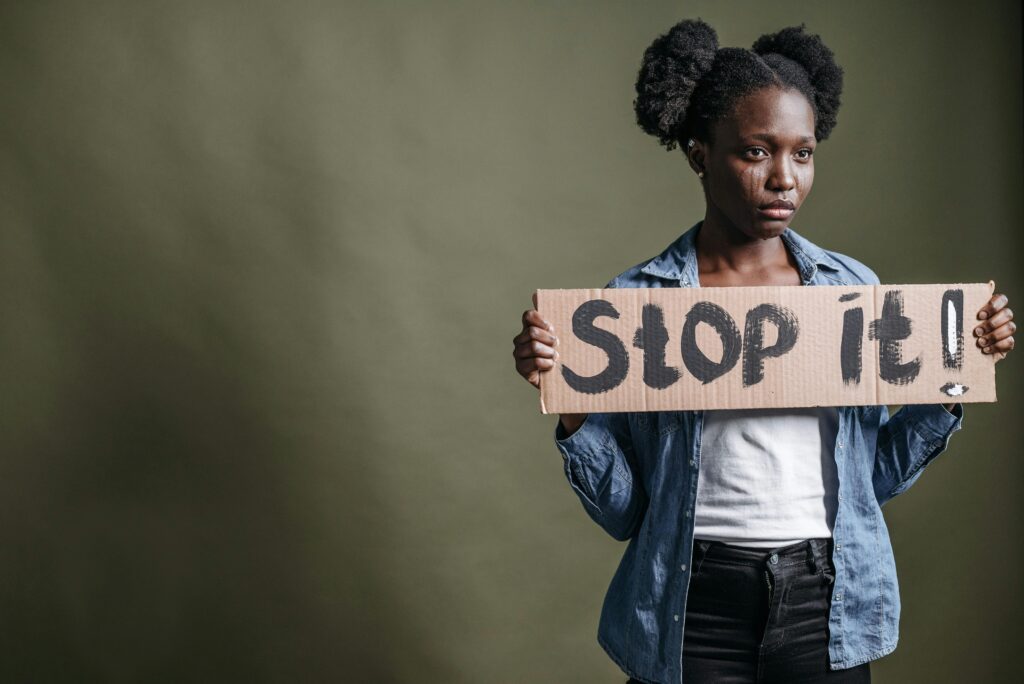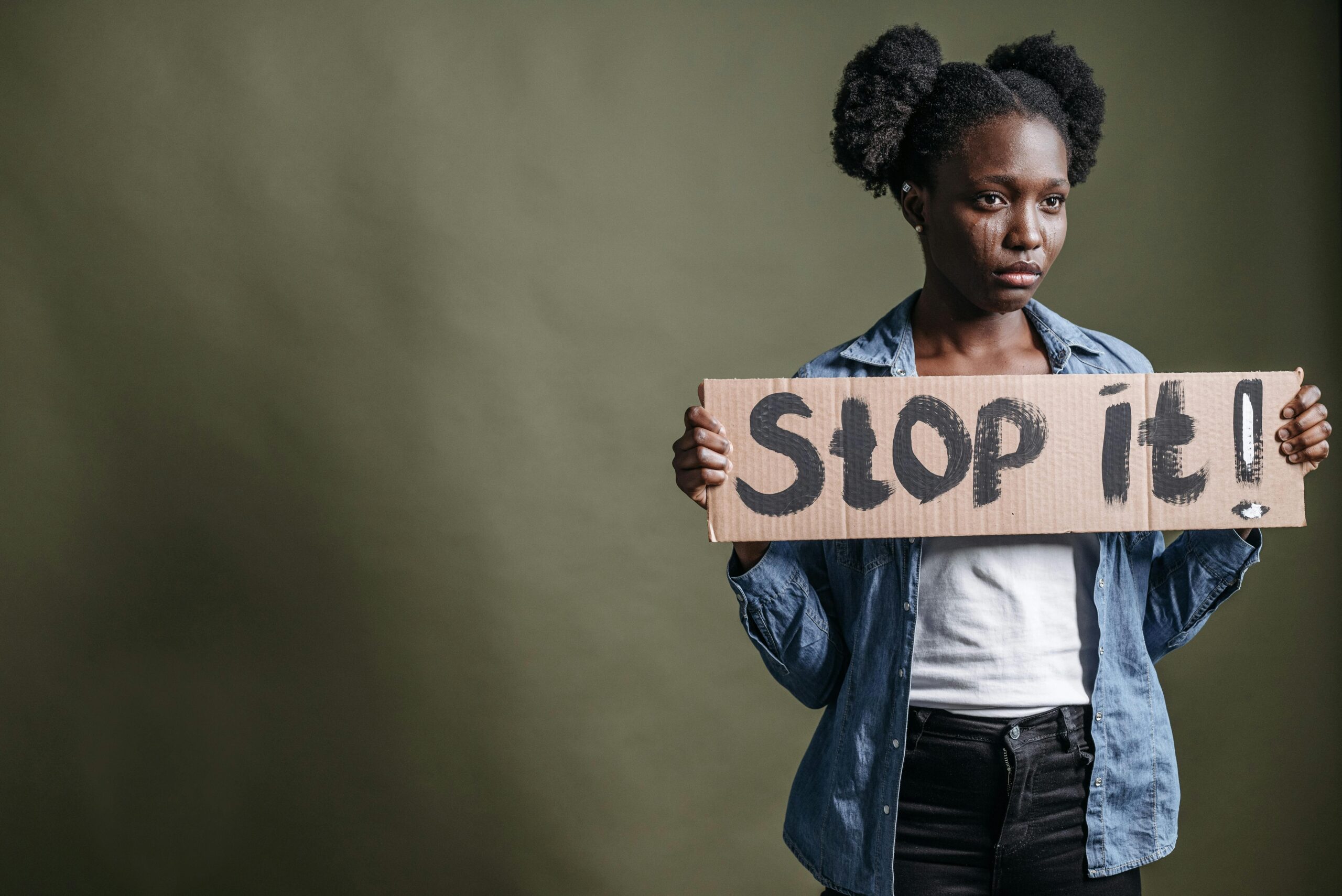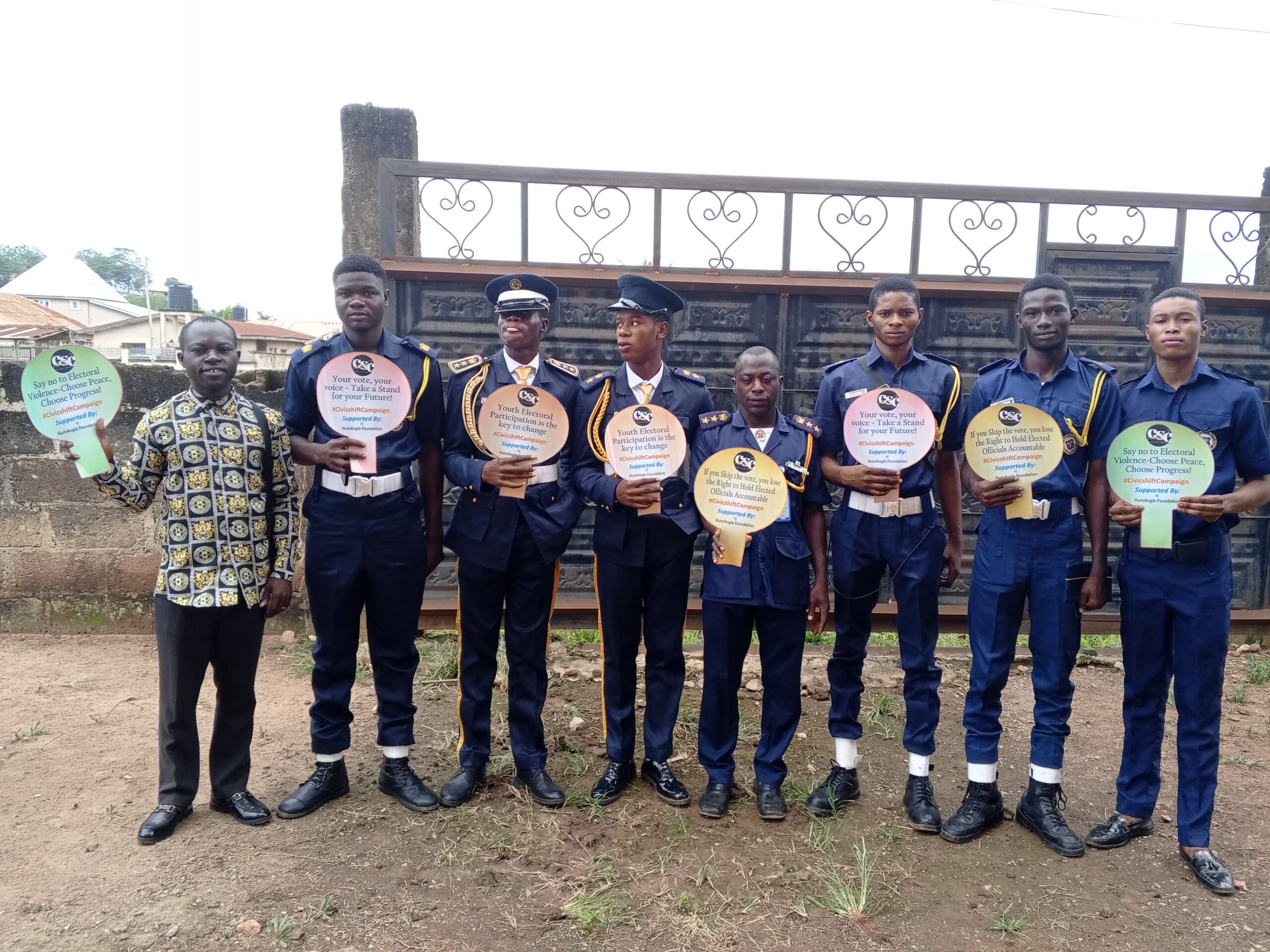By Abdussamad Ahmad Yusuf
This week, I read about the murder of a 17-year old girl in Borno State’s Bama town, and it got me thinking about the place of the women in our society, and the gaps in protecting their fundamental human right to life. Falmata, the victim, in this investigative story, was killed by her paternal uncle, gruesomely, in what appears like an honour killing. Stories like Falmata’s, of femicide, often circulate in whispers or happen in hard-to-reach areas so it is safe to infer that it is more rampant than we realise. This underscores the vulnerability of women and girls to toxic patriarchy, maltreatment, abuses and all forms of gender-based violence (GBV).
Gender-related killing of women has been on the rise in recent years. For instance, everyday, an estimate of 133 women or girls are killed globally by someone close to them. This amounts to over 48,000 victims annually, as revealed by a United Nations (UN) Women report.
Femicide— the gender-related killing of women and girls, often by close male relatives or partners—relays how deeply misogyny has entrenched itself in the fabric of our society, to the extent of cutting short life on the account of their gender. This form of violence against women and girls, comes with nuanced motives such as discrimination, or harmful social and cultural norms that have survived ages.
These recorded instances of violence meted out on women and girls is made possible by the subtle concessions of inferiority ascribed to the girl-child in contrast to her male counterpart. In some cultures, it snowballs into a ‘right’ for a husband “to beat or physically intimidate his wife” as noted by a UN Population Fund report in the year 2000.
In an interview, Nigerian activist, Olalade Ajayi, lamented that over 100 women were murdered in 2024 within 10 months. She also reiterated in an X space with HumAngle that this number refers to confirmed cases, and as such, is much higher in reality. DocumentWomen in its one year report on femicide places Nigeria among the first ten in a global ranking of countries with the highest prevalence of femicide, and second highest in Africa.
Responding to the rise in gender-based violence, mandated authorities must develop policy frameworks at the global, regional and national stages. Although the Sustainable Development Goal (SDG) 5 (achieving gender equality and empowering women and girls) is one example of global efforts to protect women and girls, and mobilise action for gender equity, the question is; how many countries, such as Nigeria, have committed to the full realisation of the SDGs before 2030 when they will elapse?
The policy gap
The story of Falmata underscores the presence of femicide in rural communities in Nigeria. The release of the perpetrator, and the trauma her mother is left to endure describes the urgent need for a policy framework that will respond effectively to how femicide should be treated in the country. Supposedly, femicide falls under the VAPP law, and among other laws such as the criminal code act, the penal code, and in some circumstances, the child rights act. But these laws were not sufficient to prevent Falmata from being killed nor to punish her suspected killer from reaping the consequence of his action. More so, these laws are not specific to femicide, have weak enforcement records; and there is also the position of ingrained cultural influences that bars women from being bold enough to pursue justice, not to mention, community and traditional leadership’s failure to stand by what is right irrespective of the gender.
The best way to go – recommendations
Femicide like other forms of gender-based violence will require a holistic and multi-stakeholder approach to tackle. Policymakers and community stakeholders have unique and cross-cutting roles to play.
- Legislation and enforcement: Laws such as the Violence Against Persons Prohibition (VAPP) Act were enacted to checkmate gender-based violence in all forms. All the states except five, have domesticated the law to cover its implementation. The law should undergo legislative amendment to have sections that specifically deal with femicide. Responsible agencies like the NAPTIP, offices of the Attorneys General, Ministries of Women Affairs, also, should pursue vigorously the use of the law for its purpose. This should include training of the police and judiciary staff, establishing courts specifically for femicide to hasten dispensation and close monitoring of justice.
- Gender desks in the Nigeria Police Force and the Nigeria Security and Civil Defense Corps in Commands and the Divisions should be empowered through capacity-building and access to communities to entrench preventative measures.
- Economic empowerment and financial independence should be given priority by government policies and projects. This will raise the status of women to contribute equally to the social-economy of their communities, strengthen their agency and break harmful cultural norms.
- Robust data collection mechanisms on femicide cases should be developed, including both reported cases and adjudicated cases to enhance research and data-driven policymaking.
- Human right organisations, NGOs, CSOs and the CBOs should strengthen awareness campaigns on legal consequences and harmful cultural issues that lead to femicide such as patriarchy and violence against women. They should also empower women by providing safe spaces to report early signs of abuse, and provide trauma counselling and psychosocial support to survivors and their relatives. This should also cover paralegal services.
- Communities should adopt collective responsibility in empowering and supporting women and shun all forms of violence.
Femicide robs women of the beautiful right to safety and life, and puts us at the risk of descending into chaos. Therefore, policymakers, civil society and community stakeholders in Nigeria have to commit to an urgent and immediate response to femicide as recommended in this piece. In conclusion, a just society is that society that gives equal opportunity for ALL to thrive. The responsibility of the government is to ensure everyone is safe, at all times, irrespective of gender.



